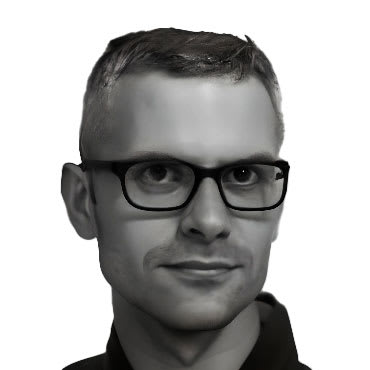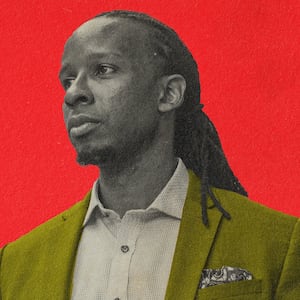Earlier this year, I went to a conference on diversity in higher education. I was there as part of a group of professors from Boston University interested in learning more about how to recruit and retain faculty from minoritized communities. It was a productive trip, but one moment stuck with me more than all the rest.
A white colleague was at a roundtable chatting with a Black college administrator and talking about the hiring challenges we face at B.U. At one point, she stopped him and said, gently, “Don’t forget; you’re also in Boston.” She went on to explain that most scholars of color know well the city’s history of discrimination.
It was at this point that another woman, also Black, chimed in, telling my friend that there’s more or less a Green Book of colleges and universities for those in her field. (She’s a university librarian.) Briefly, it’s an annotated list of institutions that are hospitable to applicants of color—and institutions that aren’t. What she was likely too polite to say out loud is that B.U. is in the second category. Our institution, like our city)" href="https://urldefense.com/v3/__https://apps.bostonglobe.com/spotlight/boston-racism-image-reality/__;!!LsXw!Q-XkiTQDJqgnHcFUG3LcYkY8wCvAB_XIpAXIYLFq2fSi3ZLH6xA-2rwar33L6FYSta7VwkIV1B1C1DG-sTm8FQQHvXQ$">like our city, has a reputation for racism. And some part of that reputation is deserved.
I keep coming back to that moment as I read the storm of unflattering coverage recently piled on B.U.’s Center for Antiracist Research, founded and led by Dr. Ibram X. Kendi. Kendi’s decision to cut roughly half the center’s staff earlier this year brought some deserved scrutiny, but also an avalanche of mean-spirited, ignorant, and often racist screed. And I worry that this storm is going to run the good professor right out of town and confirm some scholars’ suspicions about the institution I call home. (Disclosure: I am currently a participant in the university’s Designing Antiracist Development Fellowship Program, which receives some of its funding from the Center for Antiracist Research.)
So let me make something clear right here: it would be a tragedy if Ibram Kendi left B.U., and a catastrophe if his center were to collapse. Right now, my employer needs to fight to keep him—and to renew its support for the CAR and its vital mission. Because if you take a closer look at the charges levied against Kendi, a few are understandable and fixable. And the rest boil away in the hot sun.
First off, early complaints suggest that staff cuts are evidence that the center needs to improve its management, oversight, and culture. Perhaps.
But we should wait for the results of B.U.’s own investigation before passing judgment. In the meantime, Kendi’s own explanation—that the cuts were part of an effort to ensure the Center’s long-term viability—is sensible and plausible. (There is no evidence, by the way, that funds were misused or misplaced, and according to the university, it still has $47 million on hand.)
Questions about the Center’s management are legitimate right now. But other critics’ concerns simply lack merit.
Some say that the center has not produced research commensurate with its funding. But this claim is ludicrous to anyone who has even passing familiarity with the pace of publication in academia—especially in the humanities and social sciences. It takes months or years to produce strong research, and months or years more to get it reviewed and published. To judge the CAR’s output now after 36 months (18 of which unfolded during a pandemic) is like criticizing a toddler for not driving yet.
Others have taken this moment to air long-held grievances about Kendi’s books and ideas. I’ve read a few that are substantive but a bunch more that are just sour grapes from professors who wish they could do what he did: develop a powerful, original argument, defend it forcefully, and find an audience both in- and outside academia.
Was his timing fortuitous? Maybe. But the timeliness of his work says less about luck than it does about his sensitive observations of contemporary racism.
Perhaps now is a good time to say that while I am a Kendi defender, I am not a Kendi disciple. I have real reservations about antiracism as an intellectual edifice and a platform for activism. But I think it’s a serious idea that deserves to be researched—in a devoted center!
And the fact that antiracism has become a lightning rod says less about its strength or weakness and more about how experts on race—and scholars of color in general—are underrepresented in the American academy. If you’re one of just a few soldiers on the field, you’re going to take a bunch of fire.
So B.U. doesn’t need to shut down the Center for Antiracist Research. Forty other universities need to step up and fund similar projects so that Kendi’s voice will be one in a more vibrant marketplace of ideas.
I have every faith that the professor will take this moment to reflect on how to make the CAR better. But I also want to plead with my university to stand by him as he does so. I certainly will.









